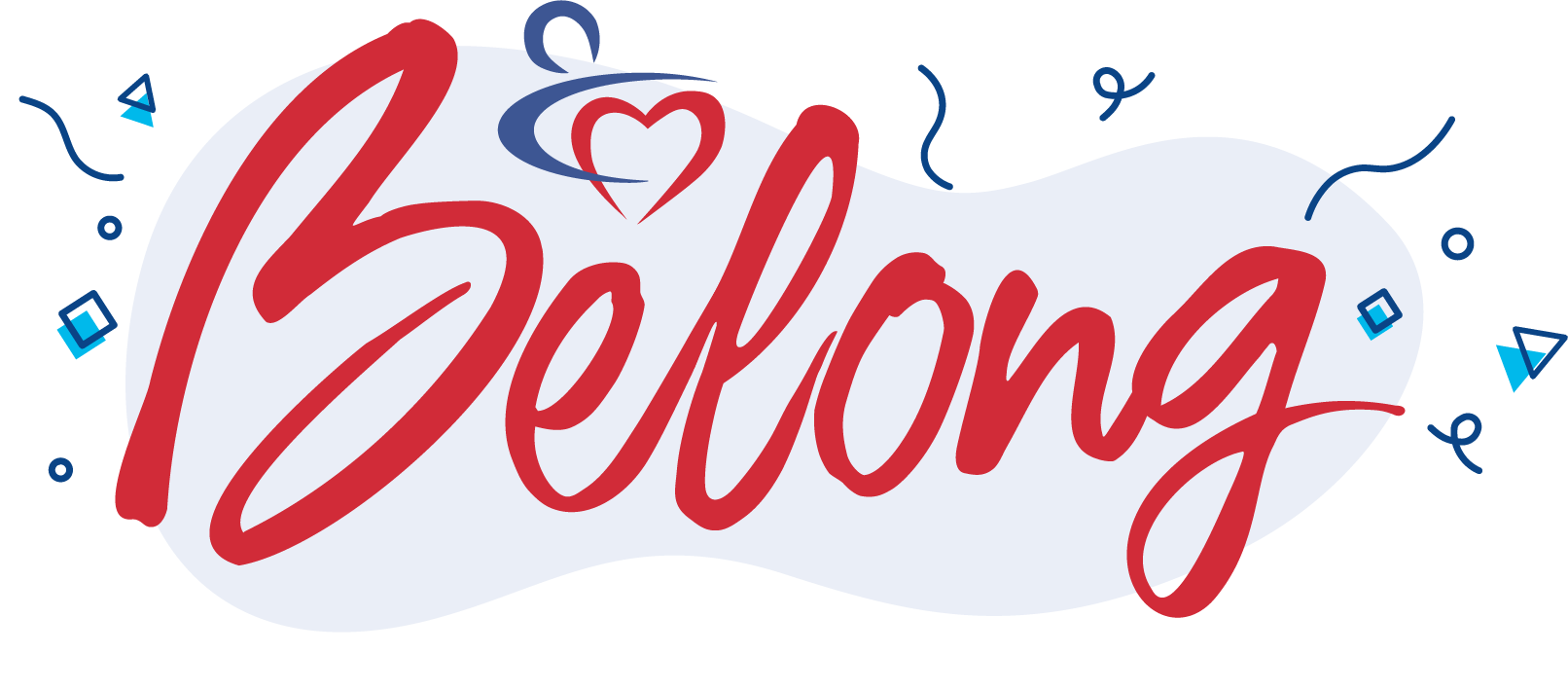Breastfeeding Guide: Maryland Medicaid, Benefits, and Tips for New Moms

Every parent wants to give their baby the best possible start to life. Breastfeeding is one of the most effective ways to help infants thrive. It also allows moms to bond with their babies and keeps them healthier.
Breastfeeding mothers can get support and access resources from their Medicaid provider.
Benefits of Breastfeeding
Breastfeeding offers several benefits to mothers and babies.
- Nutrition
Breast milk is the best source of nutrition for most babies. A mother’s breast milk changes as a baby grows to meet the baby’s nutritional needs. - Protection
Breastfeeding helps protect babies from illness and disease. Babies who are breastfed have a lower risk of:- asthma
- obesity
- type 1 diabetes
- sudden infant death syndrome (SIDS)
- other childhood illnesses
- Antibodies
Antibodies are proteins made by the body to protect it. Antibodies go from mothers to babies through breast milk. This helps babies develop strong immune systems. - Convenience
Breastfeeding allows a mother to feed her baby anytime and anywhere. - Mother’s Health
Mothers who breastfeed can reduce their risk of:- certain types of cancers
- type 2 diabetes
- high blood pressure
Common Breastfeeding Challenges
Breastfeeding is a natural and healthy way to feed your baby, but many mothers experience challenges. Babies can face challenges, too.
For mothers:
- Sore and cracked nipples
- Engorged breasts (happens when milk isn’t fully removed from your breast)
- Leaking milk
- Mastitis (a clogged milk duct that causes swelling and inflammation)
- Managing postpartum depression and anxiety
- Balancing breastfeeding with other responsibilities
For babies:
- Baby won’t or is not able to latch properly
- If a baby has a congenital disability, it can make feeding more difficult
7 Helpful Tips for New Moms to Get Started Breastfeeding
- Be patient. Breastfeeding is a learning experience for you and your baby. It takes practice and time, but it will get easier, and babies will become more efficient at nursing.
- Find a comfortable place and position to feed. It may help to use pillows as you figure out what position works best for you and your baby. Keep trying different positions until you are comfortable. Knowing that what works for one feeding may not work for the next is important.
- Make sure your baby has a good latch. With a good latch, you will:
- Feel comfortable
- Show little or no areola (the dark skin around the nipple)
- Hear the baby swallow
- See your baby’s lips turned outward
- See your baby’s chin touch the breast
If you experience any pain, put a clean finger in the corner of your baby’s mouth to break the suction and try again.
- Feed on demand. Newborns typically need to eat every 2-3 hours. Feeding when the baby is hungry can help your milk supply and satisfy your baby. Babies will show that they are hungry by sucking on their hands, turning their heads toward your breast, or making sucking noises. Crying is a late sign of hunger, so try to feed them before they cry so they can latch more easily.
- Take care of your breasts. Paying attention to which breast you feed with is important to prevent discomfort or your breasts becoming overly full. If you experience soreness or cracking, you can apply lanolin cream or breast milk.
- Stay hydrated and nourished. Breastfeeding burns extra calories, so you must drink plenty of water and eat a balanced diet. This will help you keep up your energy and ensure your body has what it needs to produce milk.
- Ask for help. Don’t be afraid to ask for help if:
- You’re having trouble breastfeeding
- You have concerns about your baby
- You are experiencing pain
Maryland Medicaid Breastfeeding Services, Support, and Supplies
Maryland Medicaid provides several programs and services to support breastfeeding moms. These programs can include:
- Home Visiting Services
Home visits provide support and teach parents parenting skills up to your child’s second or third birthday. The type of home visit and trained professional who does the visit is based on your family’s specific needs. It can include a nurse or lactation consultant who can provide breastfeeding guidance and support. - Doula Support
You can access a Doula, a trained professional who makes prenatal visits (often in your home). A Doula will:- discuss birth procedures and breastfeeding
- attend your labor and delivery
- make postpartum visits
Doulas can provide information on the benefits of breastfeeding and suggest techniques to support your breastfeeding journey.
- Breast Pump
Through Maryland Medicaid, you can receive a free breast pump. To get a breast pump, you should contact your Medicaid or healthcare provider.
Frequently Asked Questions About Breastfeeding
When will my milk come in?
A mother’s milk does not come in as soon as the baby is delivered. It usually takes 3-5 days after giving birth for your milk to come in. During the first few days, mothers produce colostrum, which is full of antibodies that help your baby grow. This small amount allows your baby to start to learn how to latch and suck, swallow, and breathe together.
Is my baby getting enough breast milk?
Most moms produce enough breast milk, but to make sure, you should keep track of your baby’s wet and soiled diapers. Babies who get enough to eat typically have 5-6 wet diapers a day once their milk comes in fully.
How will I know if my baby has a good latch?
If you have a good latch, you will be comfortable and not experience pain when breastfeeding. Other signs of a good latch include your baby’s chin touching your breast, lips turned out, tongue under your breast, and you hear or see them swallowing.
How often should I breastfeed my baby?
During the first few weeks, you should feed your baby 8-12 times within 24 hours. There is no set time for feedings or for how long feedings should last.
Are you missing out on free health care?
Medicaid and Maryland Children’s Health Program (MCHP) offer free or low-cost health insurance coverage to adults under 65 and uninsured children under 19. The only way to know if you are eligible for Medicaid is to apply.
You can apply:
- online at www.marylandhealthconnection.gov
- by downloading the free mobile app, EnrollMHC
- by visiting a local connector entity, health department, or department of social service
- by calling 1-855-642-8572 (TTY: 1-855-642-8573)
When you apply for Medicaid, you will be asked to choose a Managed Care Organization (MCO).
Make sure to select Maryland Physicians Care.
Sources:
- https://www.cdc.gov/breastfeeding/php/about/index.html
- https://www.cdc.gov/breastfeeding/features/breastfeeding-benefits.html
- https://health.maryland.gov/mmcp/medicaid-mch-initiatives/Pages/Home.aspx
- https://wicbreastfeeding.fns.usda.gov/steps-and-signs-good-latch
- https://wicbreastfeeding.fns.usda.gov/sore-nipples
- https://wicbreastfeeding.fns.usda.gov/engorgement
- https://wicbreastfeeding.fns.usda.gov/plugged-ducts-mastitis-and-thrush
